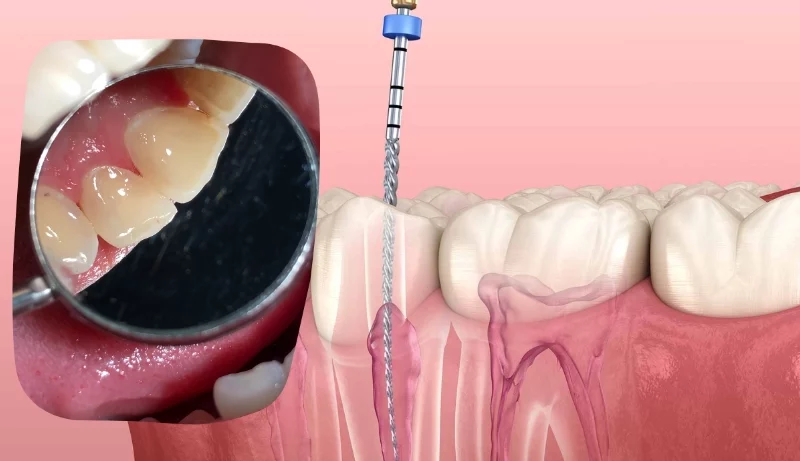Every tooth has a living layer called the pulp at the center and directly below the dentin layer. The pulp has a collection of connective tissues, helping enrich the dentin layer and keep your teeth healthy. Sometimes, the root canal system, including the pulp, can have calcium deposits. In that case, Dr. Steven Kaplan New York can help address the issue of calcified root canal to avoid oral complications.
If calcium deposits occur inside the root canal system, that area inside your tooth will become smaller. The shrinking of the root canal can create pressure on the nearby blood vessels or nerves, leading to dental pain and discomfort.
Moreover, calcium deposits in the root canal will make it harder to access the area during root canal treatment. Root canal therapy is a dental procedure that allows the elimination of microbes infecting a root canal. Consequently, your endodontist must possess advanced training and skills to eliminate calcified deposits without irritating the pulp tissues.
A tooth with a root canal having calcium deposits will have a darker color than the surrounding teeth in your mouth. The dark-colored tooth can become yellow. A tooth affected by calcium deposits in the root canal does not show more symptoms.
As a result, the condition is only detectable through a routine dental checkup. Here are the possible causes of the accumulation of calcium in root canals and the remedy.
Possible factors that can lead to calcium deposits in your root canals
The accumulation of calcium in the root canals is a common dental problem observed among older people 65 years and above. Naturally, aging causes the deterioration of the tooth’s structures, especially the enamel. Aging thus promotes the calcification of your root canals.
A traumatic event or accident can also trigger calcium to be deposited in your teeth’s root canal systems. If you have serious damage on the apex or pulp of a tooth, your body can react by increasing deposits of this mineral in the root canals.
That happens in an attempt to promote the regeneration and healing of the traumatized root structures. You can traumatize your tooth’s apex or living section through a road accident or a sports injury.
However, the calcium accumulations in the root canals can also affect the health of your affected tooth or teeth. By narrowing your root canals and the pulp space, calcium deposits can also reduce the ability of your pulp to heal.
Dental caries or cavities can also promote the formation of calcium in your tooth’s root canal. Cavities can disrupt the healthy blood circulation in the living part of your tooth. For that reason, the accumulation of calcium can be triggered in the root canals.
Remedy for the presence of calcium in your tooth’s root canals
If some of the inner tissues of your affected tooth’s pulp are infected, your endodontist will recommend root canal therapy. The treatment will remove bacteria and calcium mineral deposits from the inside of the affected tooth. After that, your endodontist will clean and seal the affected root canal.
Contact Compassionate Endontonists today to book an appointment with an endodontist and learn more about calcified root canal diagnosis and treatment.











